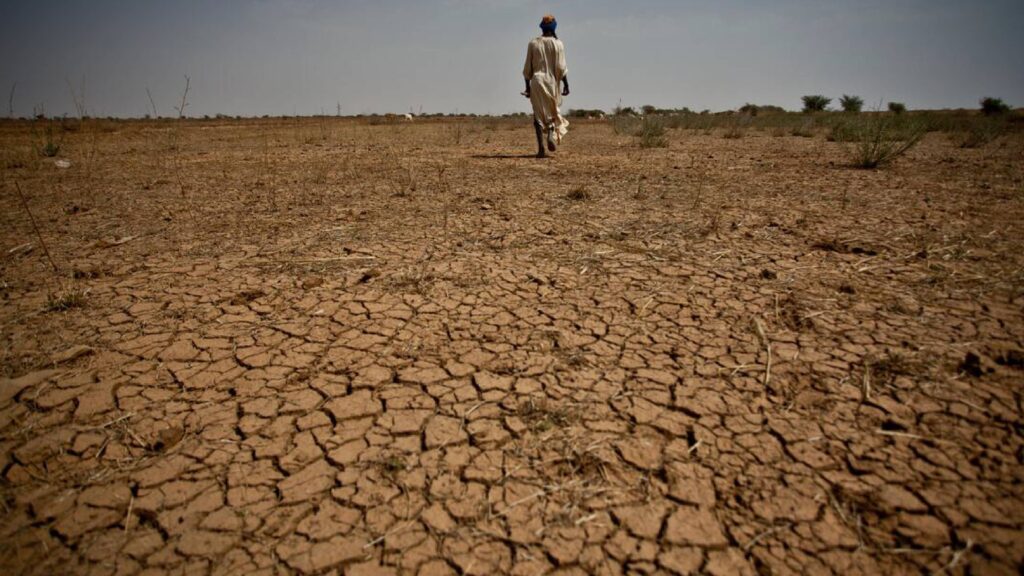1. A Growing Threat to Agriculture
Climate change is no longer a distant warning—it is a reality felt in Africa’s farmlands today. Unpredictable rainfall, prolonged droughts, and devastating floods are disrupting traditional farming patterns. In regions that rely heavily on rain-fed agriculture, farmers face mounting uncertainty, leading to poor harvests and reduced incomes. As the population grows, the pressure on food systems intensifies, putting millions at risk of hunger.
2. Farmers on the Frontline
Smallholder farmers, who make up the majority of Africa’s agricultural workforce, are bearing the brunt of these changes. Without access to modern tools, irrigation systems, or resilient crop varieties, they struggle to adapt to shifting weather conditions. Stories from Tanzania, Ethiopia, and Mozambique reveal farmers losing entire fields overnight due to erratic weather, underscoring how fragile the continent’s food systems remain.
3. Innovation as a Ray of Hope
Despite the challenges, innovation is emerging as a lifeline. Researchers and agricultural institutions are developing drought-resistant seeds, while startups are using digital platforms to provide farmers with weather forecasts and market prices. In Kenya, mobile apps now connect farmers to buyers directly, reducing post-harvest losses. These innovations are slowly changing the narrative—showing that with the right tools, African agriculture can adapt and thrive.
4. The Role of Policy and Global Partnerships
Addressing food security is not just a farmer’s challenge—it is a matter of policy and governance. Governments across Africa are being urged to invest more in climate-resilient agriculture, irrigation infrastructure, and research. Partnerships with international organizations bring additional funding and expertise, but local ownership of solutions remains crucial. Without strong policies, even the best innovations will fail to reach those who need them most.
5. A Call for Sustainable Action
The fight against climate change and food insecurity requires long-term commitment. This means promoting sustainable practices such as agroforestry, reducing food waste, and empowering women farmers who play a critical role in agriculture. If Africa can combine its youthful energy, technological innovation, and natural resources with strong leadership, the continent has the potential not just to feed itself but to become a global food supplier despite the climate challenge.






